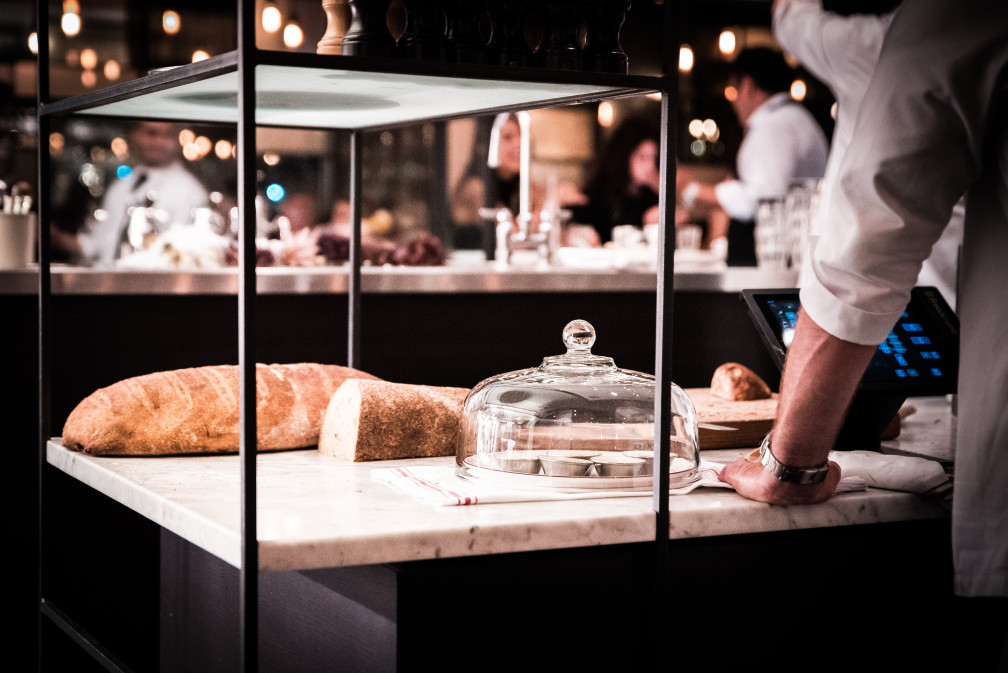We live in the most prosperous society in human history. We have the unique privilege of living comfortable lives. But rather than humbly enjoying it, we’ve turned comfort into a right.
This trend began, it seems, with the baby boom generation. Their parents lived during the Great Depression, when circumstances necessitated hard work and sacrifice, which resulted in gratitude for the little that they had. World War II was followed by a time of great prosperity and increased birth rates. For the first time, as P.J. O’Rourke writes, we had “abundant disposable income and ample leisure time to devote to pointless activities that don’t harm anybody much except ourselves.” We saw prosperity and comfort as good things and we didn’t want to let them go. We made an idol out of comfort and tried to structure society in way that would guarantee it. Today, we are experiencing the equivalent of waking to a cold day and not wanting to leave the warmth of bed.
The definition of comfort is “a state of physical ease and freedom from pain or constraint.” This is certainly a good thing. But there is a difference between enjoying it and deserving it. In a world where evil exists and hard work is a prerequisite for prosperity, never-ending comfort is a foolish goal.
[pq]In this world, a sense of urgency is essential to the good life.[/pq]
Michael Novak warns that “we must beware of merely romantic love, beware of false promises, and beware of utopias. […] God does not promise us a rose garden. He promises us the cross.” Suffering is a part of life in this fallen world. Trying to avoid it all costs is unrealistic and unworthy of God’s calling on our lives.
So, where do we see the idolization of comfort in our society today?
We see it in our personal lives, when our spiritual growth is stagnated or our physical health is suffering because we are happier taking the easy way out. We see it in our sluggish economy, where fewer people are taking the risks necessary to spur sustained growth. We see it in the continued existence of segregated neighborhoods (by race or income), since it’s easier to live by people who are like us. We see it in our country’s hesitancy to confront heinous evils in the world, because doing so requires sacrifice. We see it in our country’s entitlement programs (Social Security, Medicare, and pensions), which have led to immense and growing debt. We’d rather live comfortable lives, letting future generations deal with our problems, than face up to difficult realities.
The alternative to this way of life is more difficult, but it is also realistic and much more rewarding. In this world, a sense of urgency is essential to the good life. Loving sacrifice is sometimes necessary to combat sin and evil. And we must never trade freedom or beauty for comfort—it’s a bad deal.
So, enjoy the moments when we have the privilege of being comfortable, but don’t get too attached. On this side of Heaven, comfort will always be fleeting.
The question is: Will we be a society that continues to idolize comfort for our own (temporary) happiness and pleasure? Or will we confront the world as it is, with suffering love? I hope we choose the latter.



